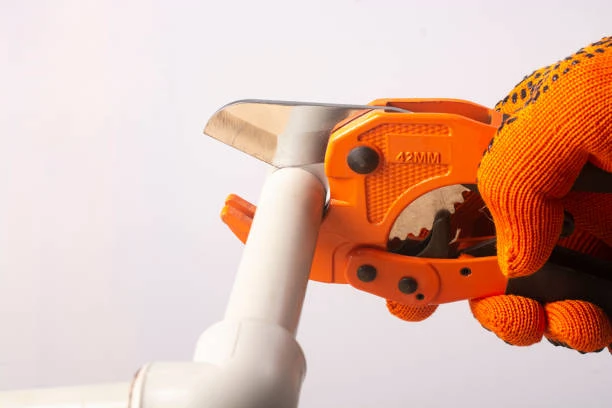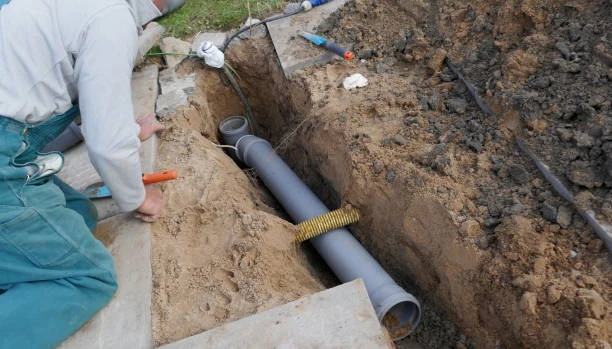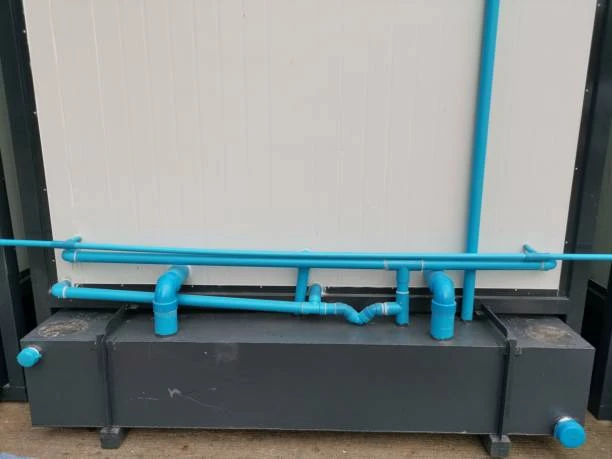The manufacturing of PVC (Polyvinyl Chloride) pipes has revolutionized various industries, from construction to plumbing. Understanding the intricacies of PVC pipe extrusion technology is crucial for anyone involved in the production or use of these essential materials. This article delves into the details of PVC pipe extrusion technology, its processes, benefits, and future trends.
What is PVC Pipe Extrusion Technology?
Definition and Overview
PVC pipe extrusion is a manufacturing process that involves shaping molten PVC into pipes. This technique allows for the continuous production of pipes of various diameters and lengths, making it a popular choice in the industry.
Importance of PVC Pipes
Manufacturers recognize PVC pipes for their durability, lightweight nature, and resistance to corrosion. They commonly use these pipes in plumbing, drainage, irrigation, and electrical conduit applications, making the extrusion process essential to meet high demand.
The PVC Pipe Extrusion Technology Process Explained
Step 1: Material Preparation
The process begins with the preparation of PVC resin and additives. These materials are carefully measured and mixed to achieve the desired properties, such as flexibility and strength.
Step 2: Melting the PVC
The mixture is fed into an extruder, where it is heated to a specific temperature. This process melts the PVC, allowing it to flow easily through the extrusion die.
Step 3: Shaping the Pipe
Once melted, the PVC is forced through a die that shapes it into a continuous pipe. The die’s design determines the pipe’s diameter and wall thickness, allowing for customization.
Step 4: Cooling and Solidifying
After exiting the die, the newly formed PVC pipe is cooled, usually using water or air. This step solidifies the pipe, making it ready for cutting and packaging.
Advantages of PVC Pipe Extrusion Technology
Cost-Effectiveness
One of the primary benefits of PVC pipe extrusion is its cost-effectiveness. The continuous nature of the process allows for high production rates, reducing labor and material costs.
Customization Options
PVC pipe extrusion technology offers significant customization options. Manufacturers can adjust the pipe’s diameter, wall thickness, and color based on specific requirements.
Environmental Benefits
PVC pipes are recyclable, and advancements in extrusion technology have led to more sustainable practices. Manufacturers can now incorporate recycled materials into the production process, reducing waste and environmental impact.

Applications of PVC Pipe Extrusion Technology
Construction Industry
In construction, PVC pipes are widely used for plumbing, drainage, and sewage systems. Their resistance to corrosion and chemicals makes them ideal for these applications.
Agricultural Use
PVC pipes play a crucial role in irrigation systems, ensuring efficient water distribution in agricultural settings. Their lightweight nature facilitates easy handling and installation.
Electrical Conduits
Contractors also use PVC pipes as electrical conduits to protect wiring in both residential and commercial buildings. Their non-conductive properties enhance safety.
Innovations in PVC Pipe Extrusion Technology
Automation and Smart Manufacturing
Recent advancements in automation and smart manufacturing are transforming PVC pipe extrusion. Automated systems enhance production efficiency and quality control, reducing human error.
Advanced Materials
The development of new PVC formulations and additives is improving the performance of PVC pipes. These advancements lead to stronger, more durable pipes that can withstand extreme conditions.
3D Printing Integration
Integrating 3D printing with PVC pipe extrusion is an emerging trend. This technology allows for the rapid prototyping of pipe designs, enabling manufacturers to innovate quickly and meet customer demands.
Challenges in PVC Pipe Extrusion Technology
Quality Control
Maintaining consistent quality during the extrusion process can be challenging. Variations in temperature, pressure, and material composition can affect the final product.
Environmental Regulations
As environmental regulations become more stringent, manufacturers must adapt their processes to comply. This may involve investing in new technologies or materials that meet sustainability standards.
Market Competition
The PVC pipe market is highly competitive, with numerous manufacturers vying for market share. Companies must continually innovate and improve their processes to stay ahead.
Future Trends in PVC Pipe Extrusion Technology
Sustainable Practices
The future of PVC pipe extrusion technology will likely focus on sustainability. Manufacturers will prioritize recycling, reduce waste, and use eco-friendly materials.
Enhanced Efficiency
As automation and smart technologies continue to develop, manufacturers expect to improve the efficiency of PVC pipe extrusion processes. This will lead to faster production times and reduced operational costs.
Global Market Expansion
As infrastructure projects grow worldwide, the demand for PVC pipes is expected to increase. This expansion will drive further innovations in extrusion technology to meet global needs.
Conclusion
PVC pipe extrusion technology plays a vital role in various industries, offering numerous benefits and applications. As the market evolves, advancements in automation, sustainability, and material science will shape the future of PVC pipe production. Understanding these trends and technologies is crucial for manufacturers and consumers alike.
FAQ
1. What is PVC pipe extrusion?
PVC pipe extrusion is a manufacturing process that shapes molten PVC into continuous pipes for various applications.
2. What are the advantages of using PVC pipes?
PVC pipes are cost-effective, customizable, durable, and resistant to corrosion and chemicals.
3. What applications use PVC pipes?
PVC pipes are widely used in construction, agriculture, and as electrical conduits.
4. What challenges does the PVC pipe extrusion industry face?
Challenges include maintaining quality control, adhering to environmental regulations, and market competition.
5. What future trends are expected in PVC pipe extrusion technology?
Future trends include a focus on sustainability, enhanced efficiency through automation, and global market expansion.


















